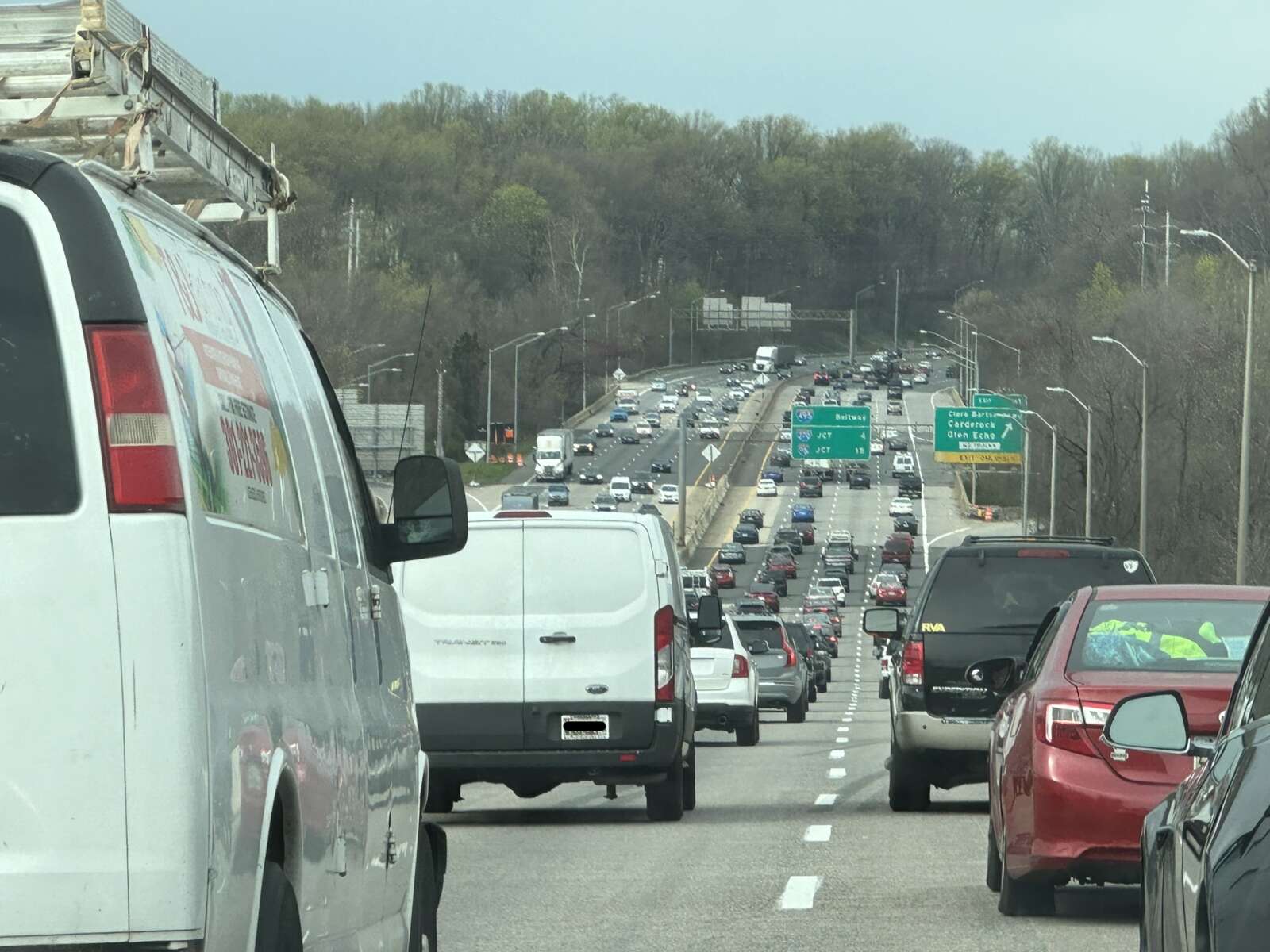An effort to prohibit Vienna Town Council members from taking private meetings with developers was brought to a screeching halt this week.
Town Attorney Steven Briglia said such an ordinance would likely violate a number of laws, from First Amendment rights protecting free speech, including that of developers, to the Citizens United case and Virginia’s Dillon Rule, which only allows localities to pass ordinances where granted clear authority from the General Assembly.
According to Briglia at a Vienna Town Council and Planning Commission work session on March 4:
“The question came up about a month ago about possibly limiting discussion with developers and passing an ordinance requiring any meetings by members of a public body be public. I started with that mandate to see if there was any authority that could restrict a local ordinance… To get right to the end, not only could I not find any authority in Virginia that would enable the town or any locality to pass an ordinance restricting individual contact by representatives of a developer with a member of the council, but… under Virginia law the general assembly says you can do what we say you can do and no more.”
Briglia also said the proposed ordinance could be seen as a violation of free speech.
“I think there would be First Amendment [issues] and I ran it by other attorneys and they had the same concerns I did,” said Briglia. “Citizens United was an expansion of basically corporate rights under First Amendment. Years ago, the Supreme Court said corporations are people for purposes of certain activity under government [so] corporations have the same rights as an individual.”
The effort had been spearheaded by Councilmembers Pasha Majdi and Howard Springsteen, two of the leading opponents to the controversial Maple Avenue Commercial (MAC) developments last year. Majdi asked if the proposal could be pursued as a town policy and a resolution rather than codified law, but ultimately the Council agreed not move forward with any plans for limiting developer-council member discussions.
The discussion also opened old wounds about developer pressures on Town Council members, with Springsteen saying developers frequently used overbearing or even threatening tactics to try to intimidate the town into getting their way. But during a heated exchange, one Planning Commission member said the proposal was but another attempt to stall new development.
“This is another effort to make the MAC even more difficult,” said Planning Commission member Sarah Couchman. “I don’t think this is a widespread problem. It’s like electoral fraud. People hype it up. To use a policy of fear that Council members and Commissioners are going behind people’s backs and having meetings with developers is not right. I’m sorry you feel you need a policy to cite, but the fact of the matter is you can always say ‘I am not comfortable with this.'”
File photo






